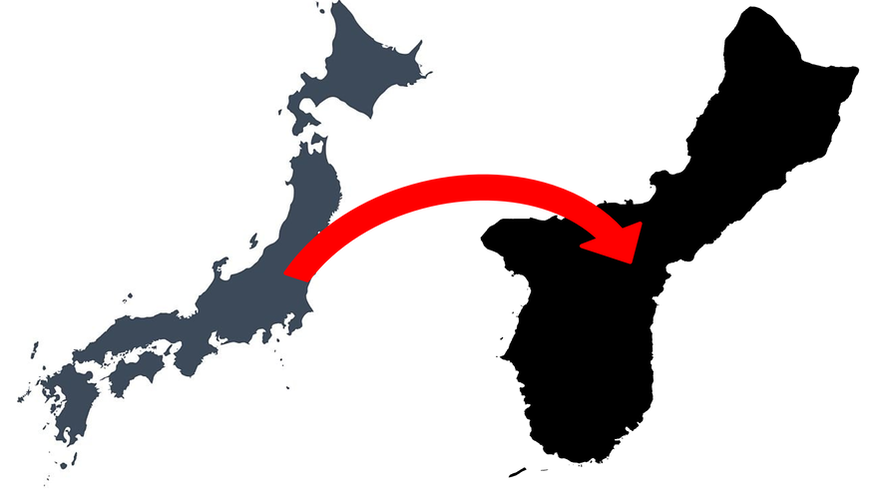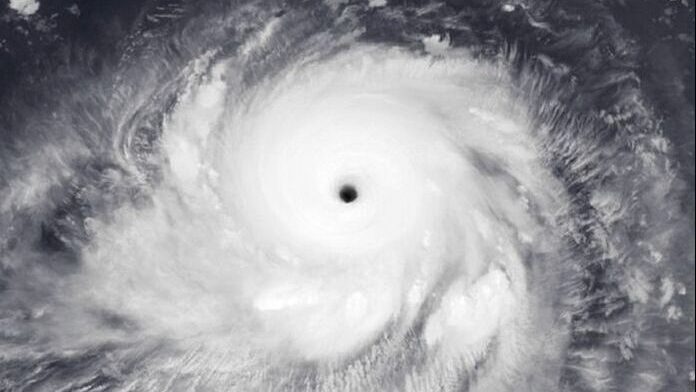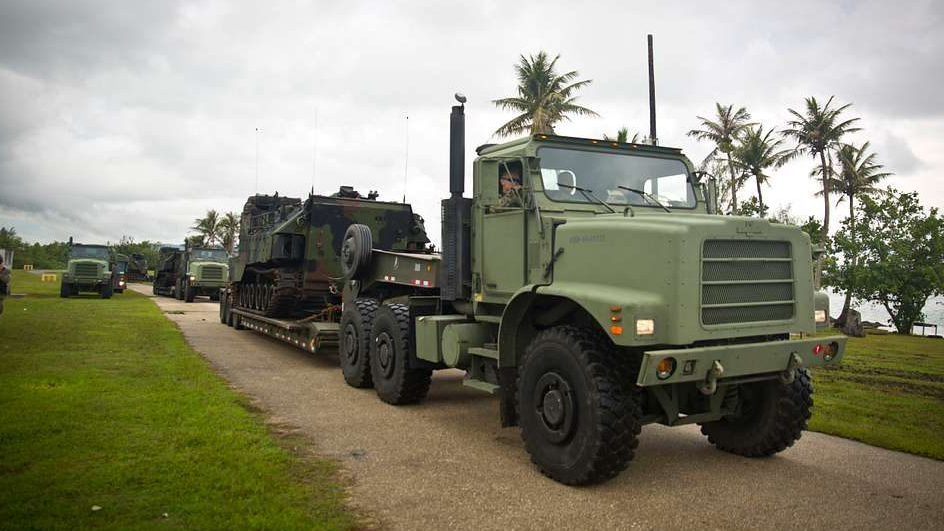Okinawa-Guåhan Military Relocation

The contemporary U.S. military buildup across the Pacific region is an ongoing colonial project that reproduces oppressive power structures, human rights violations, and systemic environmental injustices. Following decades of substantial U.S. military presence in Okinawa, 2024 will mark the beginning of a withdrawal of troops from the Japanese prefecture. This 50% reduction in U.S. Marine Corps personnel represents a victory for many Okinawans who have continually resisted occupation due to longstanding patterns of violence and oppression. Yet these forces are not just being removed, they are being relocated. The withdrawal will be coupled with the introduction of 5,000 Marines and a new base in Guåhan (Guam), a territory where 30% of land is already under U.S. military control. We are analyzing the interconnections between Okinawa and Guåhan and develop insights into how a critical environmental justice lens can provide unique perspectives more broadly on issues of militarization, self-determination, and the interconnectedness of islands.
Climate Justice & Adaptation in U.S. Territories

Adapting to climate change is crucial for islands, as they are disproportionately vulnerable to climate threats that are often exacerbated by processes of colonialism. Non-self-governing territories face additional barriers due to their liminal political statuses being neither independent nations nor fully incorporated states. This causes territories and the peoples who live there to have minimal self-determination in decision-making processes. Indigenous communities in territories are further marginalized by power structures that favor Western scientific-technical climate solutions over Indigenous ontological approaches. We aim to collaboratively study how communities are adapting within the existing political structures of U.S. territories and how greater self-determination would impact climate justice.
Pacific Islanders in Higher Education (PI Visibility in AAPI)

Asian Americans are the fastest-growing racial group in the United States and the Pacific Islander population is increasing at the second highest rate. These communities are often grouped together under the AAPI label, which can be beneficial for having diverse coalition, but often obscures Pacific Islanders and further limits representation in higher education. We aim to challenge the disparities and barriers facing Pacific Islanders’ access to and success in higher education by stressing the importance of the PI part of the AAPI category. We are furthering this work by developing fellowship and mentoring programs, bringing light to Pacific Islands issues, advocating for more diversity in hiring and admissions, and brining PI speakers to UC Berkeley’s campus.
Environmental Impact Assessments Across Militarizing Islands

As global military powers increasingly compete for dominance across The Pacific, a buildup of military bases is rapidly materializing across islands and archipelagos. Local communities in these growing and often long-standing targets of military development face varying levels of self-determination concerning whether and how military apparatuses are constructed. The legal and political status of a place is one important factor that determines locals’ agency. Across the Pacific, many islands and archipelagos have been colonized and/or are engaged in a power-sharing relationship with a former colonizer. We examine the environmental assessment processes that are mandated for the development of military bases in places with different political statuses, and analyze the implications of those disparities in terms of self-determination and human rights. This is being done through a comparative analysis of three places currently undergoing a U.S. military buildup: (1) the U.S. territory of Guåhan, (2) the freely associated state of Palau, and (3) the independent nation of The Philippines.